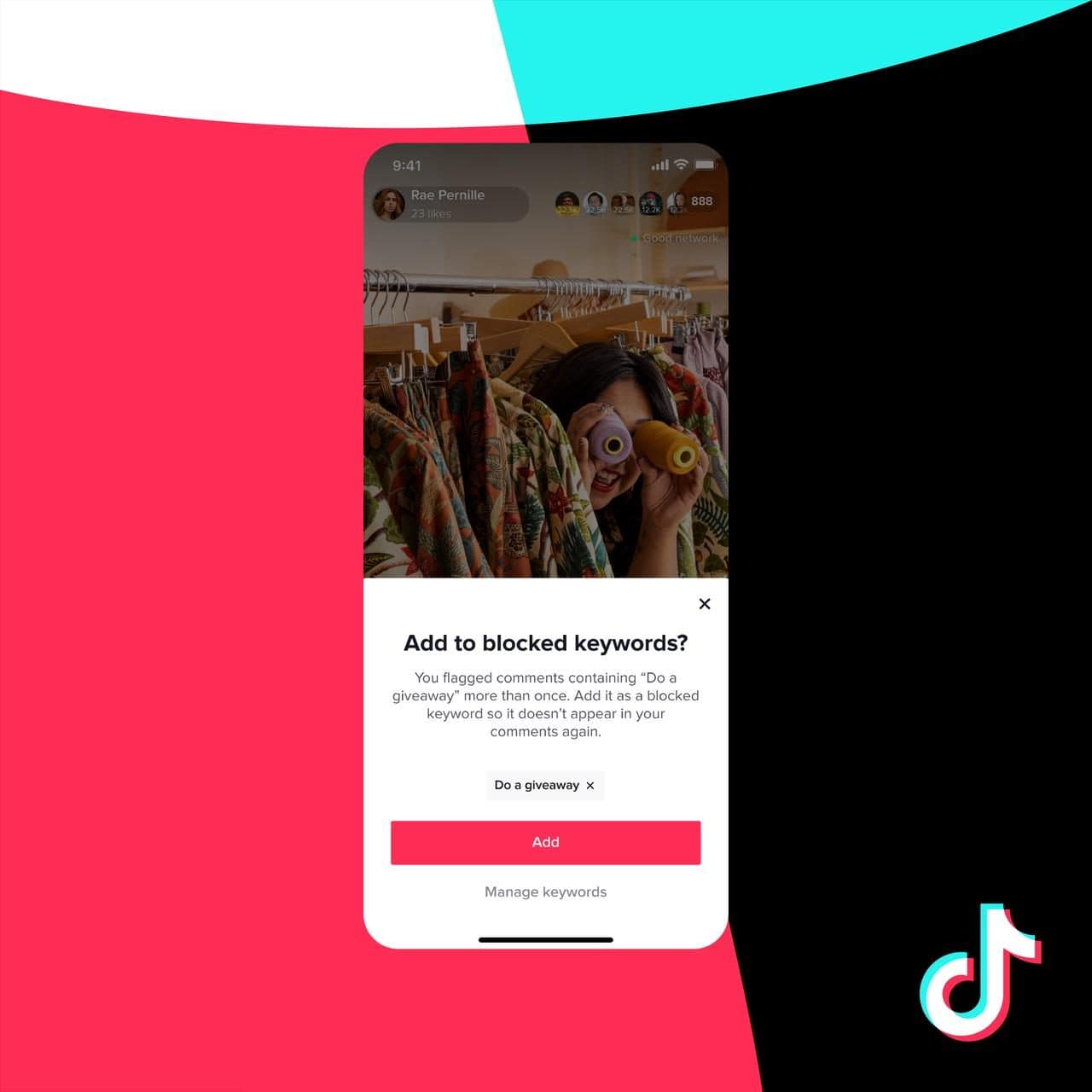
TikTok is raising the minimum age users have to be to stream live on the platform from 16 to 18, and introducing an ‘adult audience’ flagging system streamers can activate for their live content.
The measures are part of a slew of new safety features being rolled out by the video sharing app, the user base of which is largely comprised of 16-24 year-olds. The move theoretically makes creating live TikTok streams only available to adults, although those younger than 18 will still be able to watch them.
The TikTok minimum age for streaming rise will come into effect on November 23, 2022. Announcing the new measures, TikTok says: “We want our community to make the most of the opportunities LIVE can bring without compromising on safety. We believe these industry-leading updates can further protect the younger members of our community as they start and build their online presence.”
TikTok’s new ‘adult audience’ stream flagging function, announced alongside the minimum streamer age raise, will allow streamers to mark live videos they think are only suitable for those over 18. This function might sound like it’s ushering in the prospect of more racy content, but TikTok gave decidedly non-sexual examples of how it could be used. Nudity and sexual content remain banned on the platform.
Writing about how this 18+ flagging function could be used, TikTok says that “perhaps a comedy routine is better suited for people over age 18. Or, a host may plan to talk about a difficult life experience and they would feel more comfortable knowing the conversation is limited to adults.”
Circumvent Big Tech's Censorship! Never miss another post!
Subscribe to our notifications!
Article continues below
A further safety measure announced by TikTok was the expansion of its word filtering processes, to limit the visibility of comments deemed inappropriate. The function will be widened to add reminder prompts and suggested new keyword blocks.

You currently have to be aged at least 13 in most countries to join TikTok, although it’s unlikely that tech-savvy minors would have too many problems circumnavigating age-based streaming bans, should they wish to.
Still, the platform is stringent when it comes to clamping down on sex-related content, despite millions of explicit videos reportedly being submitted to the app.
Some argue that the platform is too stringent when blocking sex-related content. Sextech industry figures such as Anna Lee, creator of the Lioness vibrator, have resorted to speaking in code about things like orgasms and clitorises in TikTok videos to avoid being flagged.
“It’s like their way of going about it is, “We’ll just ban every [sex-related] word or everything that looks phallic,” Lee recently told SEXTECHGUIDE.






